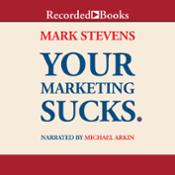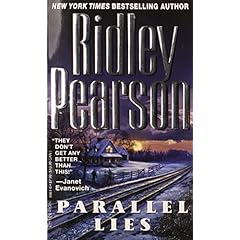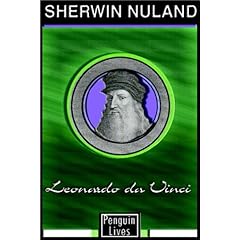 I downloaded this from Audible.com as my free selection for buying my Insignia mp3 player. I am not yet a member of Audible, but I am giving it consideration. More about that at the end of this post.
I downloaded this from Audible.com as my free selection for buying my Insignia mp3 player. I am not yet a member of Audible, but I am giving it consideration. More about that at the end of this post.I was no fan of the Clinton administration, nor of Madeleine Albright, so I went into this book expecting a lot of political CYA. The reviews at Amazon were none too positive, either. But, as a person who cares intensely about the relationship between politics and religion in his country, it was a must. I was pleasantly surprised.
Yes, there was a great deal of criticism of the Bush Administration, and a good deal of it was justified, but she was quite even-handed in her evaluations, and even defended the President on several occasions. Best of all, she wanted to issue a corrective to future diplomats everywhere; that they be less ignorant of religion when dealing with other nations. This is not the Cold War, when our biggest concern was the Soviet Union, a government that was atheistic on paper, and in practice.
She also gives caution to how we deal with Turkey, a Muslim nation with a secular government, which has the distinction of having positive diplomatic relations with Israel. The Turks are going through the process of becoming a member of the European Union, and is a member of NATO, with the 2nd biggest armed forces in that organization next to ours. I learned a lot about Turkey from this book that I had never heard before.
One of the reviews I read was also critical of her reading voice. This person may have had an ax to grind for the former Secretary of State. I thought she did a fine job.
I give this a book 4 stars for being informative, timely, and thought-provoking. It was well-paced and engaging, and the narration was above average.
As far as Audible is concerned, it would be an incredible break in programming for me to start paying for audiobooks. NetLibrary is free, although limited to a little over 1,400 titles. The brick & mortar library is also free, but the act of ripping the CDs and reloading them is a nuisance, not to mention being limited by their inventory and its availability. I might want to have access to the content of audible once in awhile, but it would not be often enough for me to drop $14.95 per month for the silver plan (1 audiobook per month plus an audio version of either the Wall Street Journal or the New York Times available every weekday) or $22.95 per month for the gold plan (add an audiobook to the silver plan each month). The "Listener" membership is only $9.95 per year and gives you a 30% discount on audiobooks you buy, plus access to some free content that is made available regularly. That last one is a lot easier to swallow, but I already have loads of free content via podcasts. Still, if I end up buying a couple of books during the year, it might be worth it.
Later! I'm embarking on a 20 hour novel, so it will be a few days before I post again!
















